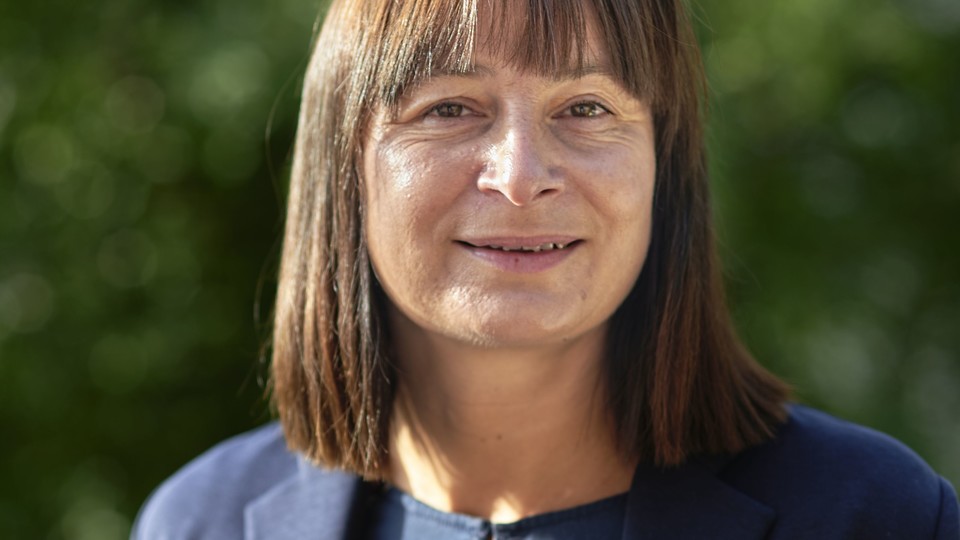Why Do Languages Change?

Prof. Dr. Carola Trips
The working methods can hardly be more different: While psycholinguists mainly conduct lab-based experiments using technologies such as eye-tracking – i.e. the measuring of eye movements – historical linguists study the changes of languages over longer periods of time – mostly with the help of historical texts and data. The new SILPAC research group, led by Professor Carola Trips, aims to combine both perspectives to gain new insights into language change. On Friday, the DFG awarded funding for the project in the amount of EUR 3.5 million for an initial period of four years.
SILPAC is short for Structuring the Input in Language Processing, Acquisition, and Change. Eight researchers from five universities will closely collaborate in this research group with the goal of providing an empirically and theoretically well-grounded explanation of the links between language processing, acquisition and change. The speaker university is the University of Mannheim, which also hosts the project's renowned Mercator Fellow, Charles Yang from the University of Pennsylvania, as a visiting professor.
